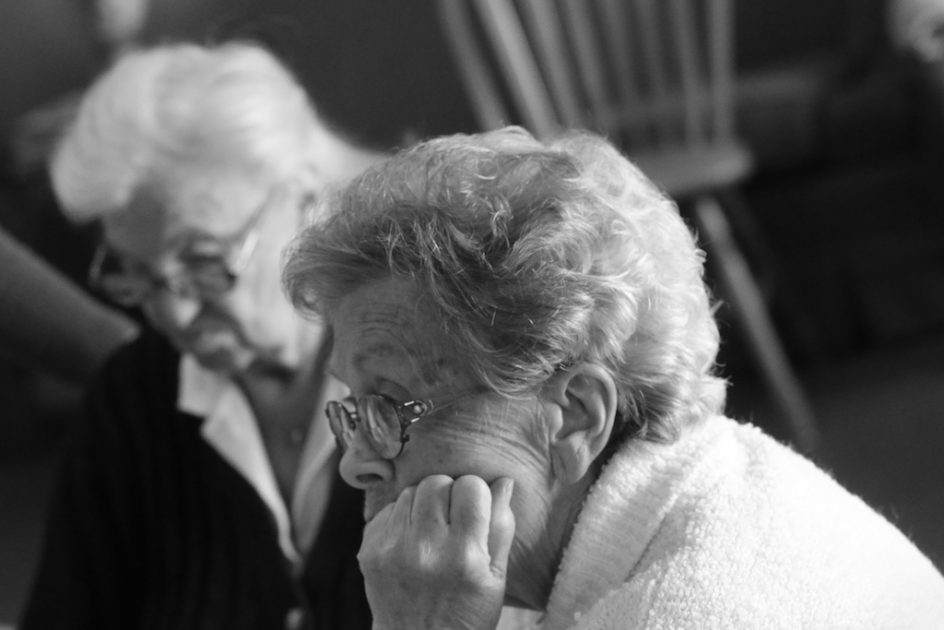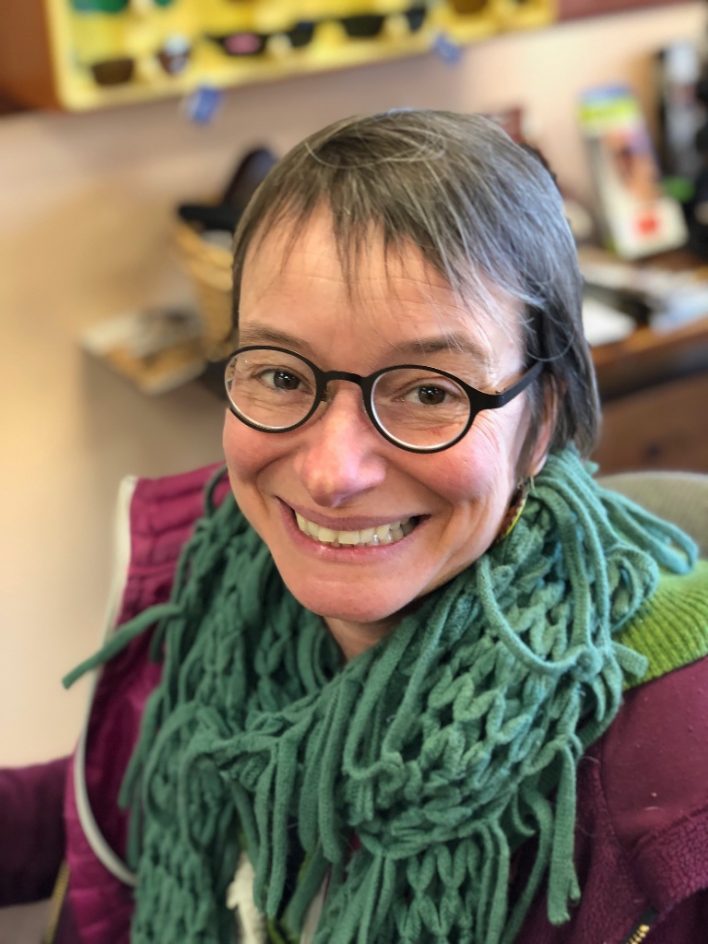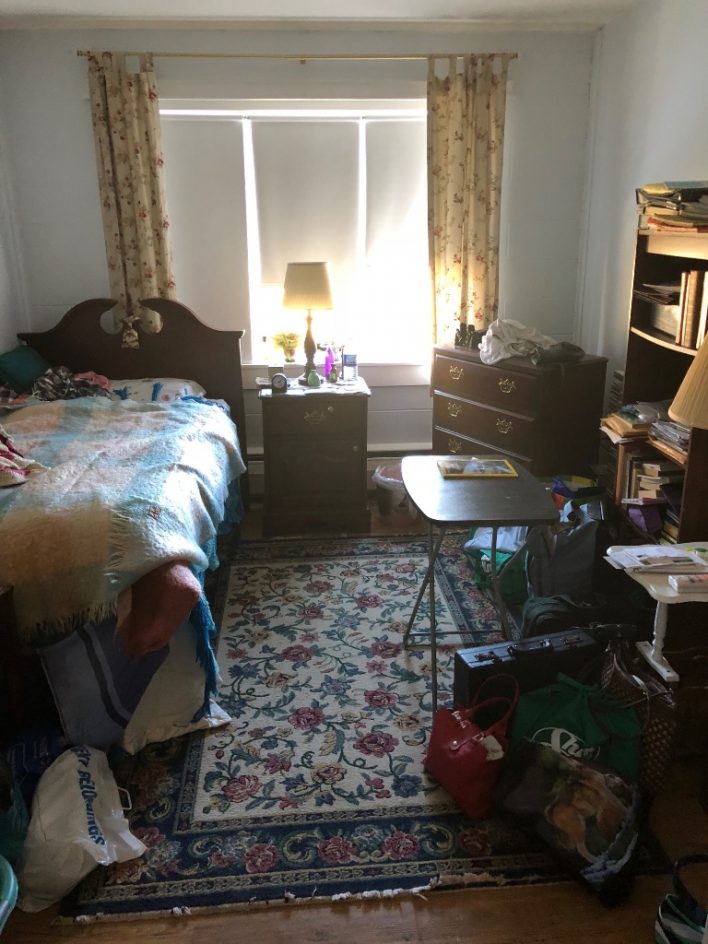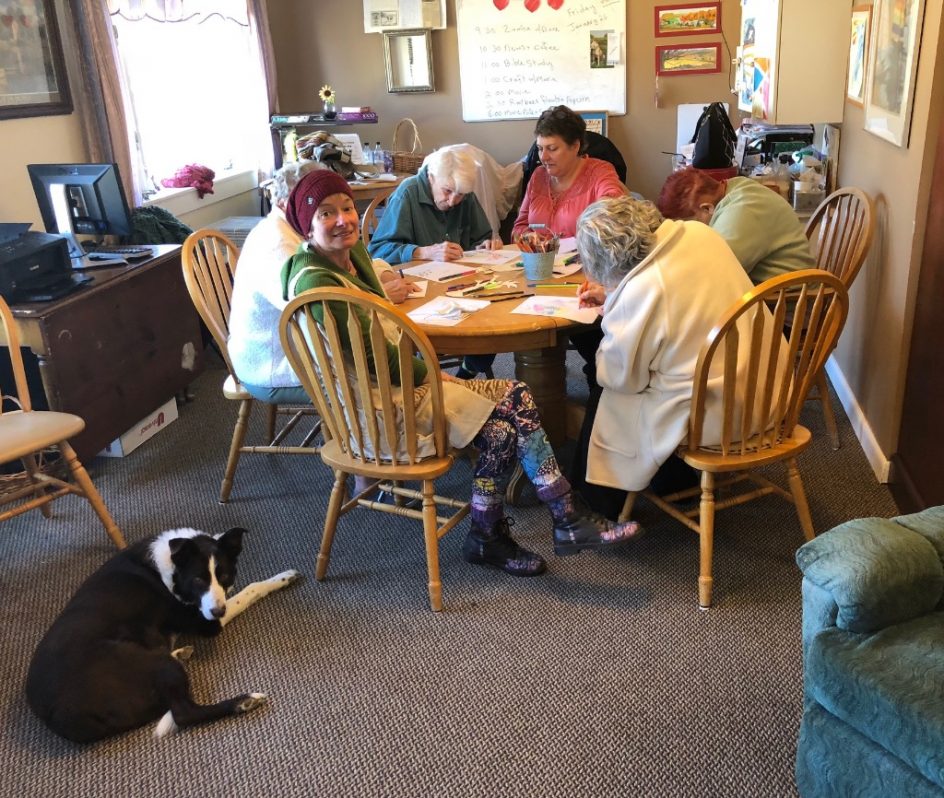
For some months now,working at the Mansion, I’ve seen the pain, loss of dignity and self-respect that can sometimes come along with aging. One of the most painful things the residents ever tell me is that they can no longer read. I see pain and shame in their faces and voices.
Researchers have long argued that reading is vital to the elderly, and that not enough is being done to keep older people from losing the ability to read, especially those with memory decline. I often read to the Mansion residents, and sometimes they read to me, and it is wrenching to see them struggle to keep reading and following stories.
One of the frustrations for nurses, aides, doctors and caretakers is that there are few if any books written just for them, and I think that has just changed.
Reading is believed to slow down diseases like dementia, it can be calming and fend off boredom, depression and anxiety. I’ve seen that loneliness is much more acute when people can’t read, they have few ways to step out of themselves and into other, lost worlds. They are painfully aware of something very important to a human being’s life.
When the elderly engage with a book in some way, say gerontologists, they enhance self-image and renew a sense of self-respect and belonging. The can re-kindle memory, autonomy, conversation and the process of stimulation. They have something to share with the people around them.
When people tell me they can no longer read, they look weary, sad and resigned in a particular way that speaks to one’s sense of self and hope As if they had already left a part of the world. Giving up reading is a profound disconnection from the ordinary world, it separates them from us in a way they sense and we see very clearly.
I’ve found some wonderful books that give me hope that reading can be re-kindle, that it is possible to revive minds and strengthen voices. I’ve found a company called reading2connect founded by doctors and psychologists that creates books for seniors with memory challenges.
The company was called to my attention by a Connecticut librarian who works with the elderly and speaks highly of these new books. These may be the first books ever written for people in memory decline.
Our books,” their site says, “are highly readable, yet retain the integrity of adult literature.” That would be miraculous.
There is sometimes a sense of insolation I feels at the Mansion, despite all of the outings and activities there. The residents are alone with their own minds and consciousness for much of the day, and when they can no longer read, they are more alone than ever and more dramatically cut off from everything that is familiar with them.
I’ve ordered three of these books for $124, they will be arriving shortly, and I’ve asked the Mansion residents who would like to read with me in one-on-one classes starting next month. I’ve got six students already. They say they would love to try to read again. Some say it’s impossible for them.
I hand out books all the time at the Mansion to those who can still read, and I’d love to work with them as well to strengthen their memory and focus, perhaps even to revive reading skills. Reading, say psychologists, is a skill that is generally preserved and intact int he procedural memory of an elderly person. Like brushing teeth or using utensils, the ability to read is automatic and often remains to some degree functional even in the later stages of dementia. If so, it could be reachable.
Books provide a platform for discussion and sharing in assisted care facilities. Book nurses and aides and caregivers new tools with which to connect to the people they are working with. The caregivers gain also by reading with their patients and clients, they naturally become more invested and personal in their work.
I’ve purchased three volumes – one on birds, one on dogs, one on famous comedians. In cases of advanced memory loss, I will read to the residents, in other cases we can read to one another, or they can read to me. The books are constructed to reclaim memory, it is hard for me to imagine being able to read, but finding all of the print you see unreadable.
I’m excited to try this class, and grateful there is so much interest. I have taught writing and also literacy, and i am coming to know the residents well, even those with acute memory issues. They may not know my name, but they know me and they know my dog. There is trust and affectionate between us. Whenever Joan, a resident with acute memory loss, sees me, she takes my hand in hers and puts it up to her lips and kisses it. “Thank you for coming here,” she says, even if she cannot know precisely what I am doing there.
So a new chapter in my work at the Mansion. I am not sure what I will find or what I will see or teach. These books are the most interesting books I have come across in my search for books to bring to the Mansion that are tailored for them as they advance into the aging process and struggle to keep reading.
How wonderful to be able to help bring that back. Julie Smith, the Mansion Activities Director, has put up a sign-up sheet and is scheduling one-on-one reading sessions. Exciting new ground.
If you wish to support this or other work at the Mansion,, you can donate to me and the Mansion fund by sending your contribution to Jon Katz, P.O. Box 205, Cambridge, N.Y., 12816, or me via Paypal, [email protected].




